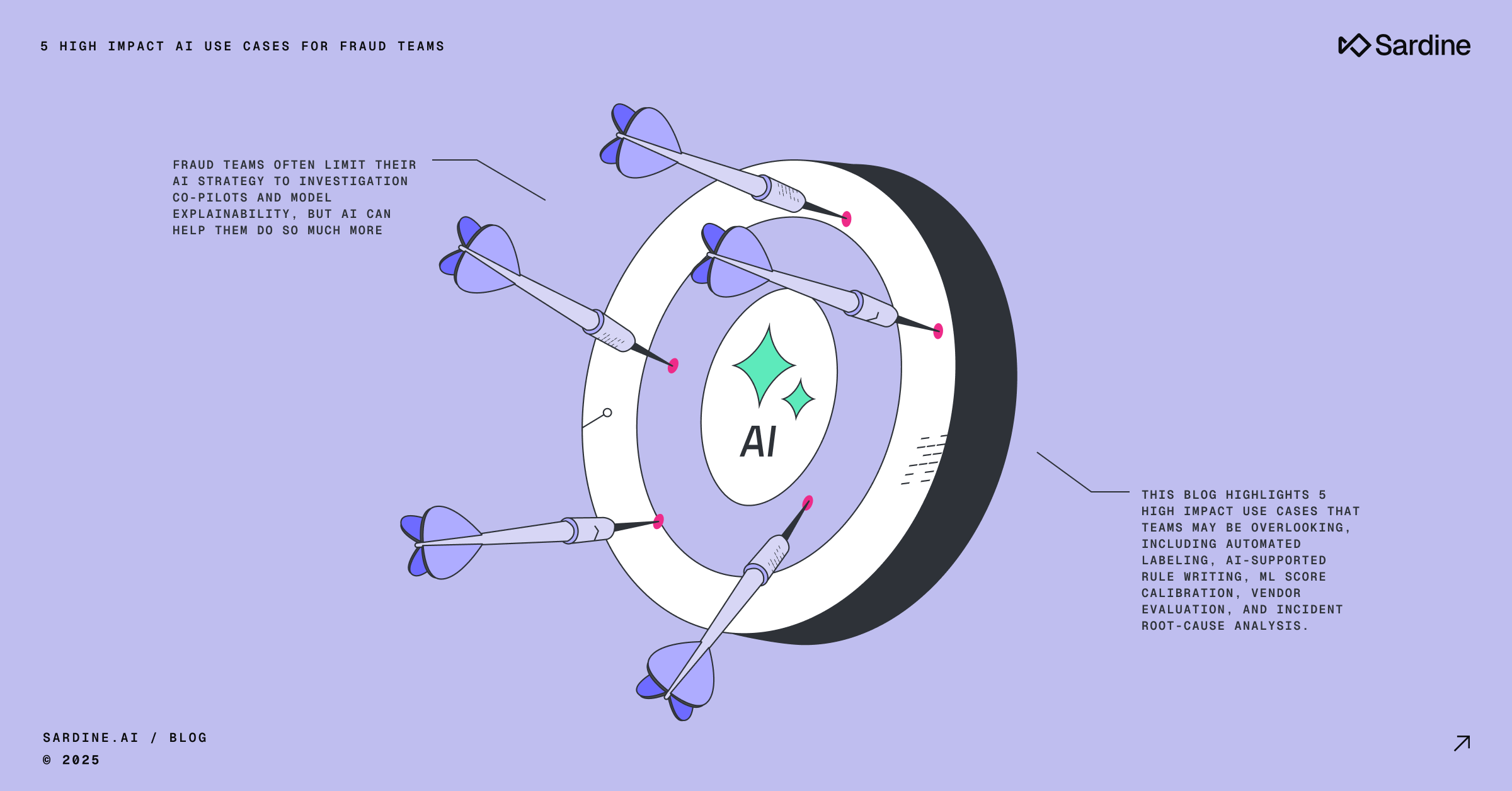Five ways advanced sanctions screening pays for itself
Sanctions screening and watchlists have become much more active since 2022, leading many organizations to scramble to manage an ever-growing number of alerts. Worse, up to 95% of alerts from sanctions lists can be false positives.
The frustration is palpable. More alerts, more false positives, same headcount.
As more names are added daily, staff feel burned out, underresourced, and budgets can’t grow fast enough. 59% of staff report burnout, and 74% are frustrated with the staffing levels.

Every false positive alert, especially those caused by outdated KYC, AML, or Sanctions screening technology, can waste resources, but any sign of non-compliance can lead to hefty regulatory fines, reputational damage, and – indirectly – human suffering.
This article explores how advanced sanctions screening reduces stress, risk, and workloads for compliance teams.
1. Basic screening creates +90% more false alarms
False positives plague the industry, create massive costs and regulatory risk.
When any transaction or entity is falsely flagged as suspicious, often a staff member has to review the case, find what the system got wrong, and then unblock the customer. The customer, “stuck in a queue” waiting for a manual review, may churn out and never become active.
This is lost revenue for the fintech or bank. It’s lost time and effort for the customer.
Experts predict that around 95% of all basic sanctions screening techniques' alerts are fake.

With basic screening, a large bank would probably expect to get around 1,000 suspicious transaction alerts a day. And there may be ten dedicated compliance professionals on hand to deal with them, the average annual salary for this role is $73,782.
If only 5% adds value, 95% of that salary spent adds zero value, and if anything, creates customer churn.
A global bank with 300 staff working alerts could be wasting upwards of $70m per year on false positives.
Advanced screening helps in several ways:
- Advanced entity screening can confirm true company ultimate beneficial owners before running through sanctions screening to avoid unnecessary alerts.
- Sanctions lists are kept up to date every 24 hours, so there’s no manual work to add new names.
- Additional signals like device true location and IP give greater confidence on a user’s identity and country of origin
- AI Agents can review sanctions alerts and clear more obvious false positives to compress manual work from ~10 minutes to ~30 seconds.
2 Entity verification before screening reduces regulatory risk
Russian-based sanctions alone skyrocketed by 816%, adding 14,000 risk events in 2023.

Compliance teams are aware of the need for more advanced technology with almost two-thirds (65%) reporting that "streamlining and automating manual processes would help reduce the complexity and cost of risk and compliance". Advanced Know Your Business (KYC) screening could fix this.
Knowing the true origin of a business before screening is critical. Conducting entity verification before utilizing screening processes significantly reduces regulatory risk for organizations.
Advanced Know Your Customer (KYC) screening further extends this verification, ensuring financial institutions understand complex ownership structures before flagging transactions.
Sardine works to perform entity verification and unravel complex international ownership structures before we perform sanctions, Politically Exposed Persons (PEPs) and adverse media checks.
3. Continuously update global and local lists with advanced screening
Staying on top of all the sanctions lists worldwide is a huge job, far more than one person can do alone.
- The Office of Foreign Assets Control (OFAC) for example, updated its sanctions list 129 times in 2023, often several times in a day.
- The EU list was amended 49 times, while for the UK it was 55 and the UN made 16 updates.
Basic screening solutions struggle with this demand, leading to inaccuracies and compliance risks.
With basic screening, lists are usually manually uploaded, creating slowness, false positives, and time lags, which criminals can exploit.
By contrast, advanced screening continuously scans and updates all global, regional and local sanctions lists in the background, all in real time. Employees are alerted when a breach is flagged; otherwise, they can continue to deliver value-adding work.
4. Advanced device intelligence signals give greater pre-screening confidence
At Sardine, our advanced sanctions screening solution has unique capabilities to identify a user's true geolocation and IP address. Even if that user has a proxy or VPN, we can be confident that their origin either is or is not in a sanctioned locale.
For example:
- If an entity is onboarding in the USA or the UK
- And appears to be locally registered with an identity that has passed all customer due diligence checks,
- We might spot that their True Location or True IP address is in a sanctioned country or territory.
This would then generate an alert for investigation or, better yet, automated enhanced due diligence.
This means teams can be proactive rather than reactive.
5. AI Agents can clear false positives.
Common names, mistranslations, or nicknames like “Mike” or “Ali” often trigger false flags, delaying onboarding. AI Agents can help ensure legitimate users don't get stuck in review queues.
The AI Agent is trained on the fintech or bank's standard operating procedures (SOPs) and then can review each alert automatically, before providing a recommendation back to a compliance officer.
For sanctions specifically, this includes:
- Documentary KYC checks: Match the name, address, and date of birth as provided at onboarding against the name on a document
- Terms of use checks: Ensure the customer’s age follows their Terms of Use
- Translations: Translate the names from foreign languages to English when needed.
- Check addresses: Match the state and addresses for the customer against the hits to ensure this is the same individual
- Corroborate with supplementary evidence: e.g., articles about the PEP or adverse media articles, to see if the articles indeed reference the same person.
In testing a Sardine client, 2X’ed the speed at which they could work many sanctions cases. 55% of cases could be worked in less than 30 seconds (down from ~5 to 10 minutes). This means more time to focus on the harder cases.
Advanced sanctions screening ... who can afford not to?
Basic screening is expensive because so much effort is wasted on false positives.
Sanctions screening is becoming a moving target, with new names added daily. Then you add to all of this the severe risk of regulatory fines for noncompliance. In 2023, the OFAC alone fined 17 firms $1.54 billion. Not to mention, the lost resources and missed opportunity costs, which fintechs can ill afford to waste.
Every pressure on a bank is indirectly pressure on fintech companies via their partner banks.

Advanced sanctions screening pays for itself multiple times over in a single year.
If you want to see how we can prevent false alerts with better data, or how our AI Agents can help work manual queues faster, we're just a few clicks away.



%20(1).png)





.png)

